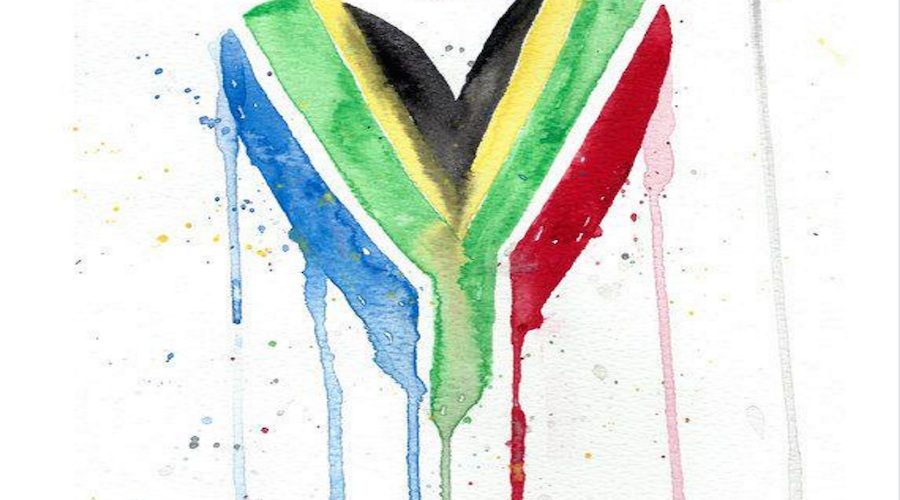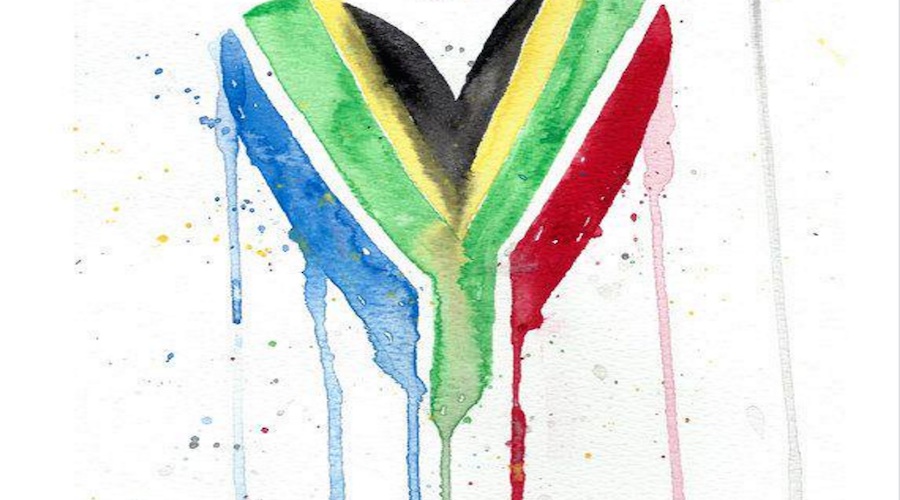
Proposed Law Threatens NGO Work in South Africa
In a week when journalists protested outside the SABC, the broadcaster suspended several employees for not respecting ‘editorial’ processes, the acting CEO resigned because of “the corrosive atmosphere” at the broadcaster, South Africans can reasonably ask: What next? What other sectors should they be prepared to defend in the coming months from state over-enthusiasm? If the government sticks to its plan […]

In a week when journalists protested outside the SABC, the broadcaster suspended several employees for not respecting ‘editorial’ processes, the acting CEO resigned because of “the corrosive atmosphere” at the broadcaster, South Africans can reasonably ask: What next?

What other sectors should they be prepared to defend in the coming months from state over-enthusiasm? If the government sticks to its plan to silence reports that show a country in turmoil, the next target could be one or other sector of civil society.
An Africa Confidential report last month revealed the possibility of exactly that: a new law to regulate foreign funding received by South African non-governmental organisations – which work in the fields of health, housing, conservation and justice, among others – and which would require the mandatory licensing of all NGOs based in the country.
Such a law would put the country in the company of Algeria, Egypt, Eritrea, Ethiopia, Uganda and Zimbabwe – all states that have restricted the ability of NGOs to operate, and thus criticise the government, by either making the requirements to register overly arduous or by placing restrictions on the ability of NGOs to receive foreign funds to operate.
The excuse provided by states when enacting such legislation is usually the murky hand of “non-state actors” in funding unspecified but nefarious anti-government projects, and recent headlines in South Africa would seem to highlight the heightened desire of the ANC to silence the impact made by countries it considers meddlesome.
Back in February, ANC secretary general Gwede Mantashe suggested the US was planning regime change in South Africa, similar to the Arab Spring. “Those meetings in the American Embassy are about nothing else other than mobilisation for regime change,” he stated publicly.
Then he moved on to suggest that the Movement for Democratic Change (MDC) in Zimbabwe was used by the West to destabilise the northern neighbour with the aim of removing Mugabe and his ZANU-PF party from power.
INTIMIDATING “THUGGERY”
Then in March a raid on the Helen Suzman Foundation in Johannesburg (which itself last week threatened to sue the SABC over unconstitutional actions) also took on frightening overtones. It came just days after the foundation had applied to have Berning Ntlemeza the head of the Hawks set aside.
A letter from 18 NGOs said they recognised the raid on the foundation to be thuggery intended probably to intimidate the foundation and others in civil society engaged in promoting constitutional democracy, fighting corruption and for the rule of law. Again if a new law were to be passed, the ability of the foundation to continue its investigations into the Hawks would be impacted as its work is so heavily reliant on foreign funding.
Foreign NGO professionals are already finding it increasingly difficult to secure visas to work in the sector with the Ministry of Home Affairs being both stringent and slow in processing applications.
It should also be noted that a number of NGOs already tacitly self-censor when it comes to criticism of the government in the hope of keeping beneath the radar, so this law would seek to ingrain that culture further still.
It seems that the introduction of the new NGO law, though unwelcome, would not be a great surprise and would impact those in the country who can least afford to be ignored: It’s these foreign funders that provide millions of rands a year to South African civil society to help them focus on HIV prevention, health education, human rights protection to name just a few.
Yet as ANC spokesman Zizi Kodwa said recently on the decision not to show the angrier and disaffected side of South Africa in the news: “It’s a responsible decision; it’s responsible journalism and it’s not self-censorship. It’s a responsible one to an extent that you don’t show what is not in the good interest of nation-building”.
It is hoped he won’t apply the same reasoning to organizations that seek to highlight the plight of the poorest margins of South African society. If he does, prepare for a massive fight back from South African civil society because if new laws come in, it is very difficult to repeal them.
Charlotte Allan is a lawyer and human rights activist from the UK who has worked for CIVICUS: World Alliance for Citizen Participation and for the UNHCR. She worked in South Africa for four years before moving to Greece to work with the refugees for UNHCR.